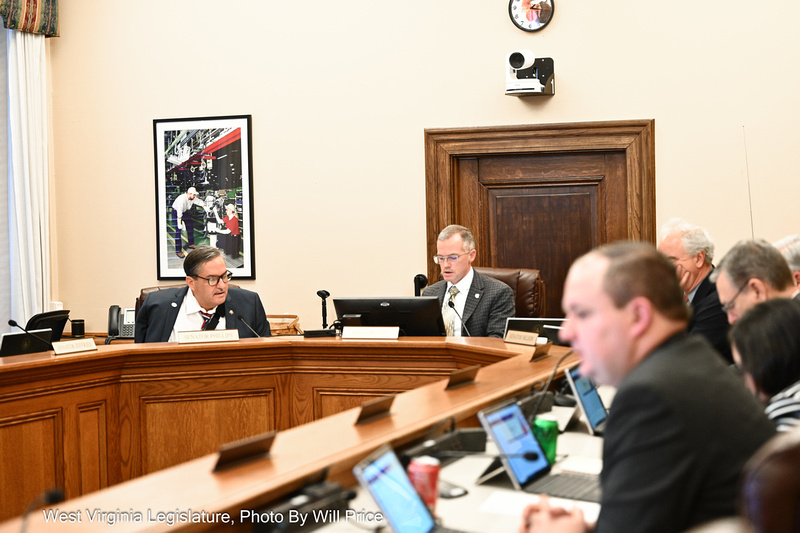AARP Worried About Changes in Senate’s Social Security Tax Bill
In West Virginia, the fate of House Bill 4880, aimed at eliminating the state income tax on Social Security, hangs in the balance as it undergoes Senate review. The bill, which received approval in the House of Delegates last month, proposes a phased approach to the Social Security tax, with reductions of 35% in 2024, 65% in 2025, and complete elimination by 2026.
However, recent amendments by the Senate Finance Committee have raised “serious concerns” for the AARP, an organization advocating for the interests of older West Virginians.
The Senate version, as altered by the Finance Committee, introduces triggers tied to the state’s economic growth and inflationary costs, creating uncertainty and confusion, according to Tom Hunter, a spokesman for AARP West Virginia. The trigger mechanism could potentially reduce the state’s income tax by up to 10%, impacting the phased elimination of the Social Security tax.
Finance Committee Chairman Eric Tarr defended the amendments, emphasizing that the income tax reduction is contingent on the triggers. Tarr clarified that if the triggers aren’t activated, the Social Security tax will be eliminated. However, concerns arise as partial reductions in income tax may affect the pace of Social Security tax elimination.
Tarr highlighted the importance of triggers in the bill, aiming to provide certainty regarding the state’s revenue and budgeting. He suggested that the triggers allow for a more measured approach, giving the state flexibility in budgeting decisions based on economic indicators.
Angela Vance, associate state director for AARP West Virginia, expressed support for the original House version, describing it as a “measured and reasonable approach” that provides certainty and planning for both retirees and lawmakers.

AARP West Virginia has consistently advocated for the elimination of the Social Security tax, with the House version aligning more closely with their preferences. The phased approach outlined in the House bill is seen as a predictable and steady plan, providing clarity for retirees and lawmakers alike.
In contrast, the Senate amendments have introduced an element of unpredictability, tying the Social Security tax elimination to economic triggers. Vance emphasized the importance of avoiding delays for retirees, urging a more straightforward approach to determine the extent of tax benefits.
Governor Jim Justice has proposed three tax cuts, including the elimination of the state tax on Social Security, as part of his $5.26 billion fiscal year 2025 budget. However, concerns have been raised as these cuts would lead to a roughly $37 million loss in revenue, with the combined tax reductions amounting to around $50 million.
AARP West Virginia’s advocacy for Social Security tax elimination echoes the sentiments of its members, making it a top priority. Currently, the state allows a tax deduction for all Social Security benefits based on income thresholds.
Related News:
- Kentucky Woman Robbed of $500,000 by Social Security: A Tale of Injustice
- Inchcape Warns of Slowing Growth in 2024: A Cautionary Outlook
- Social Security Under Fire: Seniors Hit with Unexpected Bills Spark Urgent Calls for Change!
During his weekly press briefing, Governor Justice expressed confidence in the House’s stance on pay raises and tax cuts. However, he acknowledged that the Senate is still deliberating on the matter. Justice emphasized the need for unity in ensuring pay raises and tax cuts for the state’s residents, highlighting the ongoing negotiations between the two chambers.

